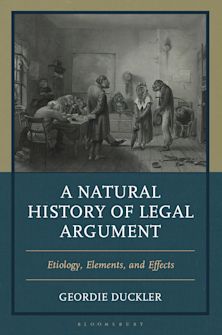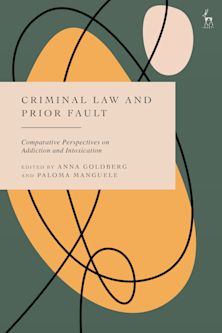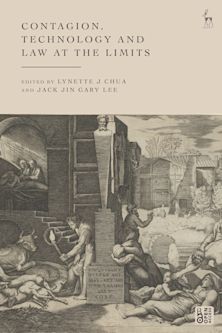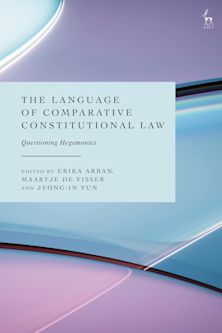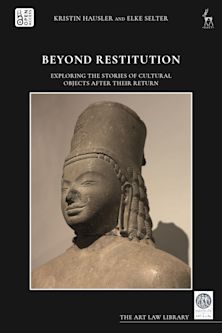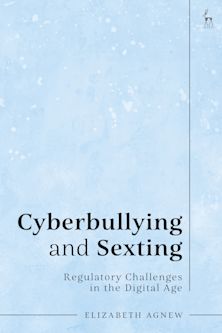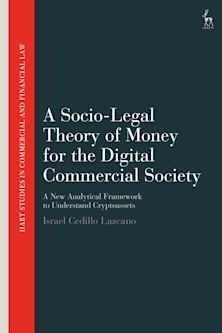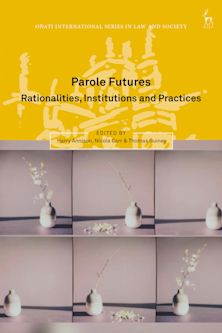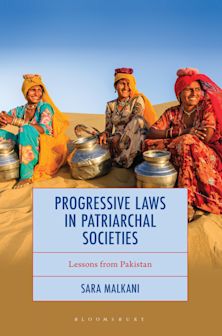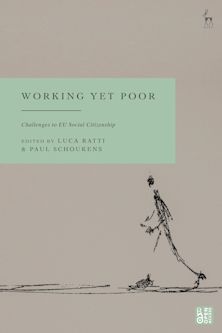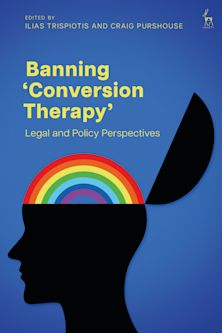The Partisan Court
The Era of Political Partisanship on the U.S. Supreme Court
The Partisan Court
The Era of Political Partisanship on the U.S. Supreme Court
Description
Drawing on new data and case analyses, Ryan J. Rebe provides substantial evidence that justices vote their partisan preferences on election law cases.
By focusing specifically on election law, Rebe reveals a consistent pattern of partisanship on the Court. The findings controvert popular perceptions of non-biased decision-making and notions of fundamental fairness. The aggregate analysis shows that justices vote along party-lines in a majority of election law cases, and consensus-building is rare when there is a contentious electoral issue at stake. Exploring topics such as gerrymandering, campaign finance, voter ID laws, and presidential immunity, Rebe demonstrates that Supreme Court decisions often conflict with principles of stare decisis, originalism, and judicial restraint. Rebe also conducts a content analysis of the most controversial election law cases of the past twenty-five years, including Crawford v. Marion County, Citizens United v. FEC, Shelby County v. Holder, and Trump v. United States. In doing so, the book provides a thorough overview of over two decades of election law cases and sheds light on the ways these cases have reshaped America's electoral institutions.
Table of Contents
Introduction: Redistricting, Campaign Finance, and the Voter Fraud Myth
Chapter 1: Partisan Preferences in Supreme Court Decision-Making
Chapter 2: Bush v. Gore (2000)
Chapter 3: Republican Party of Minnesota v. White (2002)
Chapter 4: Georgia v. Ashcroft (2003)
Chapter 5: Vieth v. Jubelirer (2004)
Chapter 6: FEC v. Wisconsin Right to Life, Inc. (2007)
Chapter 7: Crawford v. Marion County Election Board (2008)
Chapter 8: Citizens United v. Federal Election Commission (2010)
Chapter 9: Arizona Free Enterprise Club's Freedom Club PAC v. Bennett (2011)
Chapter 10: Shelby County v. Holder (2013)
Chapter 11: McCutcheon v. Federal Election Commission (2014)
Chapter 12: Husted v. A. Philip Randolph (2018)
Chapter 13: Republican National Committee, et al. v. Democratic National Committee, et al. (2020)
Chapter14: Trump v. New York (2020)
Chapter 15: Brnovich v. Democratic National Committee (2021)
Chapter 16:Alexander v. South Carolina State Conference of the NAACP (2024)
Chapter 17: Snyder v. United States (2024)
Chapter 18: Trump v. United States (2024)
Conclusion
Bibliography
Index
About the Author
Product details

| Published | 27 Nov 2025 |
|---|---|
| Format | Ebook (Epub & Mobi) |
| Edition | 2nd |
| Extent | 176 |
| ISBN | 9781978762626 |
| Imprint | Bloomsbury Academic |
| Illustrations | 22 tables |
| Publisher | Bloomsbury Publishing |
Reviews

ONLINE RESOURCES
Bloomsbury Collections
This book is available on Bloomsbury Collections where your library has access.












